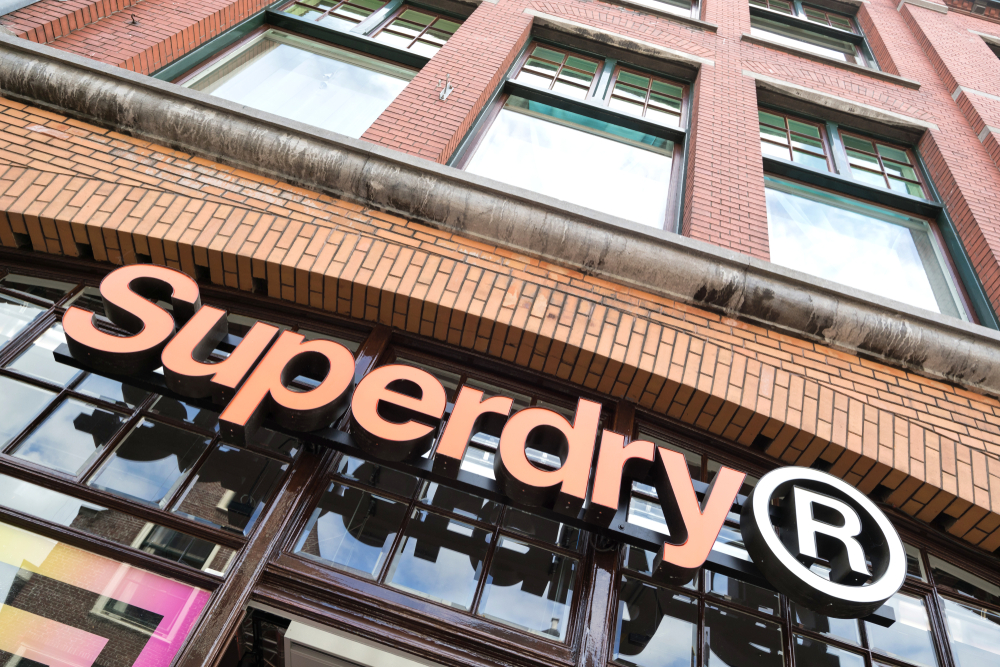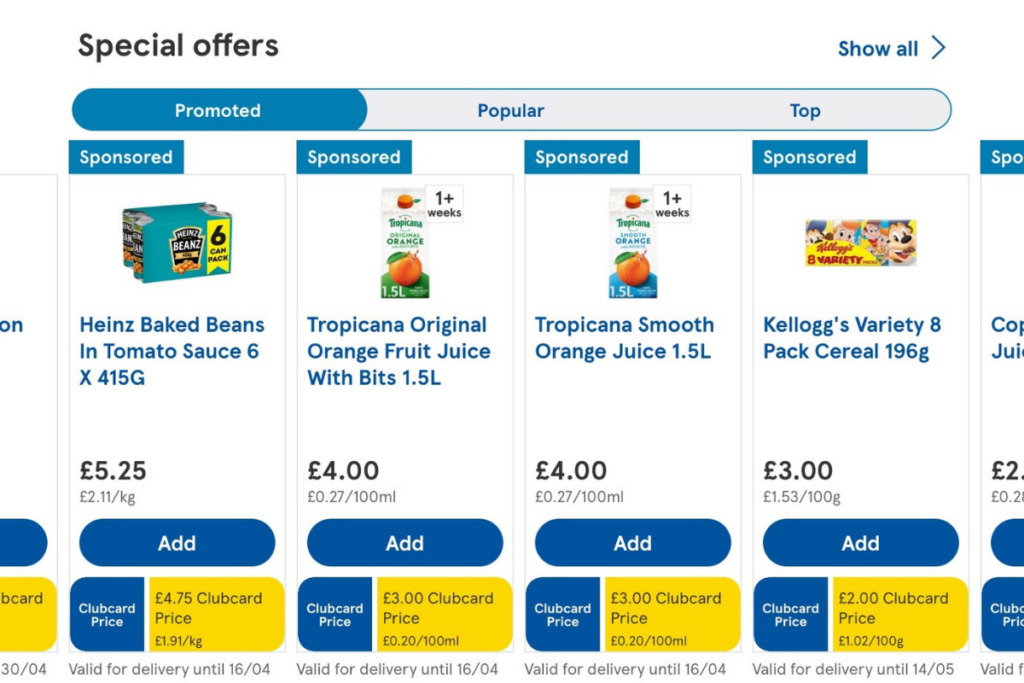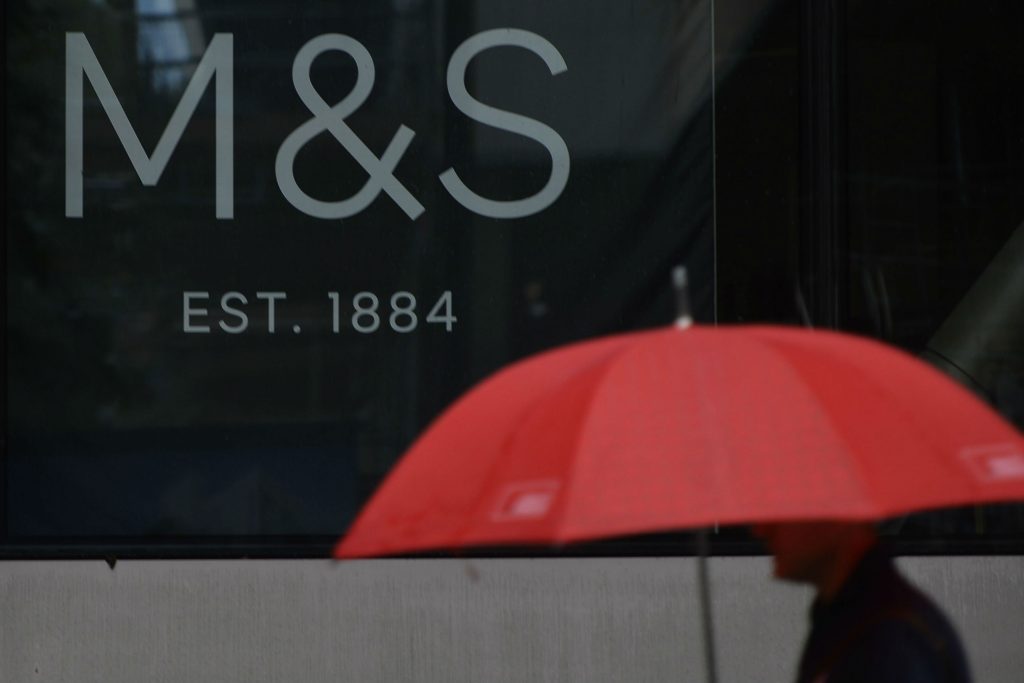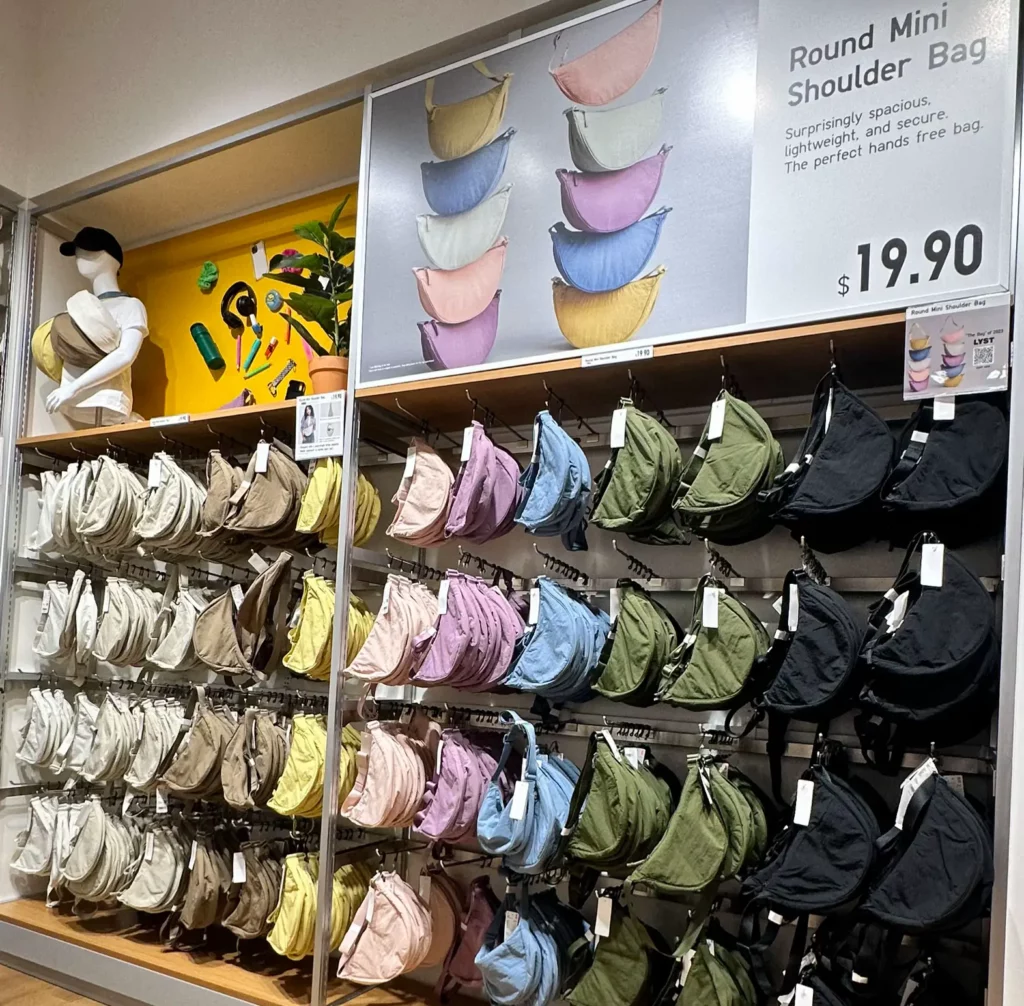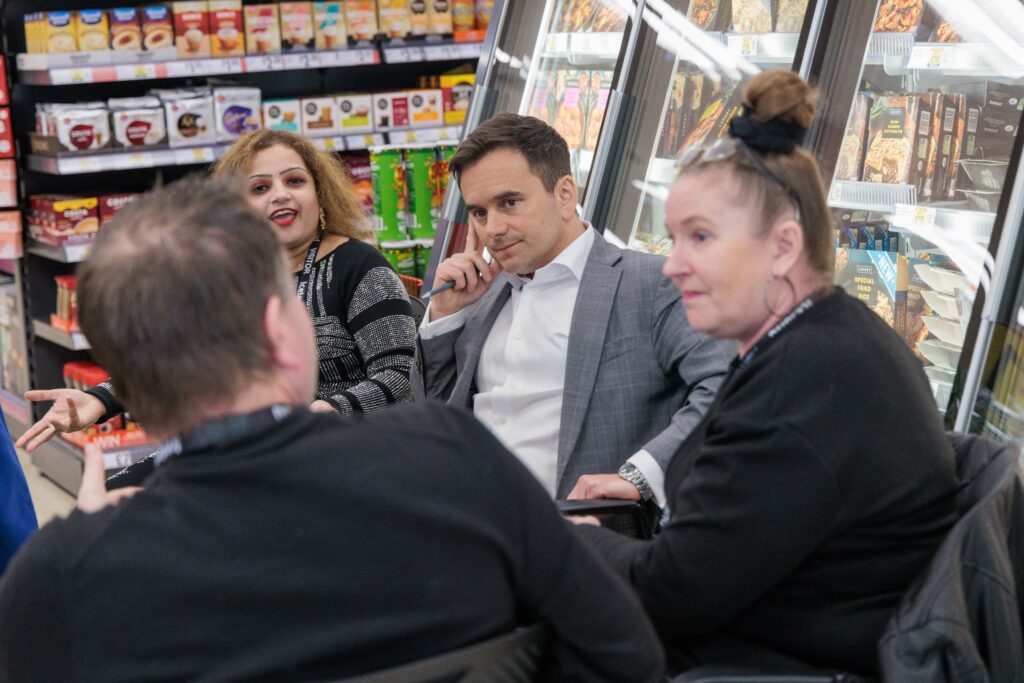Canary Wharf majority stake holder, Songbird, has rejected a £1.6bn joint take over bid from the Qatari Sovereign Wealth fund and American Property Firm, Brookfield Property Partners.
News of a potential deal broke at around lunchtime last Thursday with Songbird chairman David Pritchard initially saying:
“The board of Songbird will consider this approach in light of what is in the best interests of the shareholders in the company as a whole and in the meantime Songbird shareholders are advised to take no action.”
However Songbird, which owns 69% of Canary Wharf and surrounding buildings, announced on Friday that it had rejected the Qatari bid.
“The proposal significantly undervalues Songbird and does not reflect the inherent value of the business and its underlying assets” stated Pritchard.
The Qatar Investment Authority (QIA), Qatar‘s largest sovereign wealth fund, has been buying chunks of London for the past few years, with the Shard, Harrods and Chelsea Barracks all owned by the oil rich emirate.
In fact, the QIA already owns a 28.6% stake in Songbird itself making it the largest of the five main shareholder groups. US property billionaire Simon Glick‘s Firm, Glick Entities, owns 25.93% followed by China Investment Corp. which owns 15.80% and Morgan Stanley which owns 8.53%. The other 21.14% is owned by various public shareholders, most notably UBS, Barclays and Standard Life.
To take full ownership of the tower, the Qatari Brookfield partnership would have to offer to buy out the other partners in Canary Wharf. Ontario Teachers and Franklin Mutual each own 8.4% as well as a number of other smaller investors.
If this latest acquisition attempt had been successful, they would have been able to add not only Canary Warf, but Canary Warf Crossrail station as well as a significant chunk of the Walkie Talkie building, to its already burgeoning portfolio.
The Qatari‘s investment ambition doesn‘t stop at our nation‘s capital though. Sainsbury‘s, Miramax and Paris Saint German Football Club are all businesses that have come under Qatari control in recent years.
It is testament to the financial clout that the nation possesses, that when the 2009 financial crisis hit, Barclays, one of the World‘s largest banks, didn‘t look to the American or British government for a bail out, but instead sought the assistance of the QIA. As a result the QIA now has a 12% stake in Barclays.
The reason for this spending frenzy is Qatar‘s two main sources of income: oil and natural gas. Oil is a finite resource and it will run out. The QIA‘s goal is to make sure that once that happens, Qatar has a big and diverse enough portfolio that will ensure it is able to support itself indefinitely.
Qatar isn‘t the first nation to have concerns about what happens when the oil runs out, every nation whose economy relies on this natural resource all face the same dilemma.
Norway, who has the world‘s largest Sovereign Wealth Fund from its own oil boom during the late 20th century, has a very similar philosophy to that of Qatar.
Instead of spending the money on public services, Norway chose to stash it away like a squirrel before the first frost of winter.
The Fund was started in 1990 and has since invested in a number of property and business ventures across the world. “That way the funds last for ever” explained former president Jens Stoltenberg in a speech at Harvard University in 2013.
“The problem in Europe, with the deficits and the debt crisis, is that many European countries have spent money they don‘t have. The problem in Norway is that we don‘t spend money we do have. That requires a kind of political courage.”
Britain also had its own significant gas and oil funds but a number of successive governments have fritted them away sustaining in efficient industries instead of saving them and putting them int
RELATED STORIES


